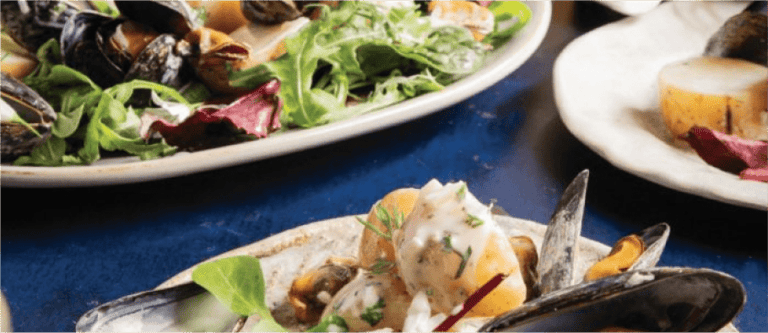
Irish Cheddar Cheese Toastie with Homemade Tomato Soup
There’s no better comfort food than an ooey-gooey cheesy toastie. Whether you’re whipping up a quick lunch or late night snack, you can rely on

There’s no better comfort food than an ooey-gooey cheesy toastie. Whether you’re whipping up a quick lunch or late night snack, you can rely on

Lorem ipsum dolor sit amet, consectetur adipiscing elit. Cras porta lorem cras justo, sed justo, ut eu. Arcu.
Check out OUR Latest FAVOURITE Recipe
Written by National Dairy Council on April 4, 2022
Recent studies suggest greater biodiversity is present on organic versus non-organic farms. A study carried out in 2010 stated that organic farms have an overall 12 % increase in biodiversity, compared to conventional farms. This is largely due to the different farming strategies by which organic farms operate such as non-use of herbicides, higher percentage of semi-natural areas, fewer animals per square meter and lower farming intensities than conventional farming.
However there are many biodiversity conservation policies and initiatives in place, aimed at both organic and non-organic agricultural practices, which aim to restore and conserve biological diversity, for example, the Green, Low-Carbon, Agri-environmental Scheme (GLAS). Under the GLAS scheme, farmer’s obligations include hedgerow maintenance, increasing watercourse margins and growth of traditional hay meadows
Extra Information:
GLAS is an agri-environment scheme, part of the Rural Development Programme 2014-2020. It was been introduced to replace the previous agricultural environmental schemes REPS and AEOS. The scheme has a variety of goals aimed at increasing biodiversity; amongst them is the preservation of the traditional landscape, protection of wildlife and the preservation of traditional species.
Can technology help to improve sustainability in dairy farming?
Dairy Sustainability Ireland and the Sustainable Dairy Assurance Standard attempts to highlight to farmers, the positive role that technology can play in relation to their farm sustainability performance. New technologies in terms of animal genetics and breeding, grassland management and energy usage are among these and if adopted, will all positively impact on a farm’s sustainability performance.
Extra Information:
The Sustainable Dairy Assurance Standard attempts to highlight to farmers, the positive role that technology can play in relation to their farm sustainability performance. New technologies in terms of animal genetics and breeding, grassland management and energy usage are among these and if adopted, will all positively impact on a farm’s sustainability performance.